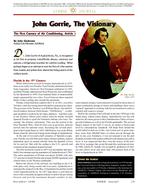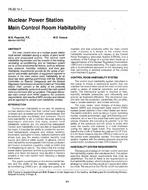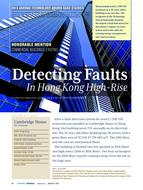Background. New techniques to insulate buildings for energy preservation purposes have on numerous occasions given rise to humidity problems with following growth of fungi. Epidemiological studies report a relation between home exposure to dampness/moulds and respiratory symptoms including asthma. Epidemiological studies also suggest that fungal exposure is a risk factor for sarcoidosis. The aim of the present studies was to quantify the domestic exposure to fungi among persons with sarcoidosis and nocturnal asthma in comparison to subjects without respiratory disease.
Material and methods. Patients with sarcoidosis and asthma (nocturnal and non-nocturnal) were recruited from the Clinic of Respiratory Medicine, University Hospital in Ljubljana, Slovenia. Control subjects were recruited from hospital staff and students. Blood monocytes were isolated and the secretion of IL-12 was measured. A broncho-alveolar lavage (BAL) was performed and the content of beta-glucan was determined. The participants were supplied with a pump and a preloaded filter, and were instructed to sample the air in their bedrooms during approximately four hours. The filters were analysed for the content of beta-N-acetylhexosaminidase (NAHA) which was expressed as units/m³.
Results. NAHA levels were higher among subjects with nocturnal asthma as compared to controls (31 vs 13 U/m³, p = 0.001) and among subjects with sarcoidosis as compared to controls (36 vs 15 U/m³, p = 0.002). Subjects with nonnocturnal asthma had levels comparable to controls (14 U/m³). Among subjects with recurring sarcoidosis the level was 40 U/m3. There was a relation between the spontaneous secretion of IL-12 from blood monocytes and levels of NAHA in the homes. There was also a relation between beta-glucan in BAL and NAHA levels at home.
Citation: IAQ Conference: IAQ 2013: Environmental Health in Low Energy Buildings
Product Details
- Published:
- 2013
- Number of Pages:
- 6
- File Size:
- 1 file , 1.5 MB
- Product Code(s):
- D-2013IAQConf-23


